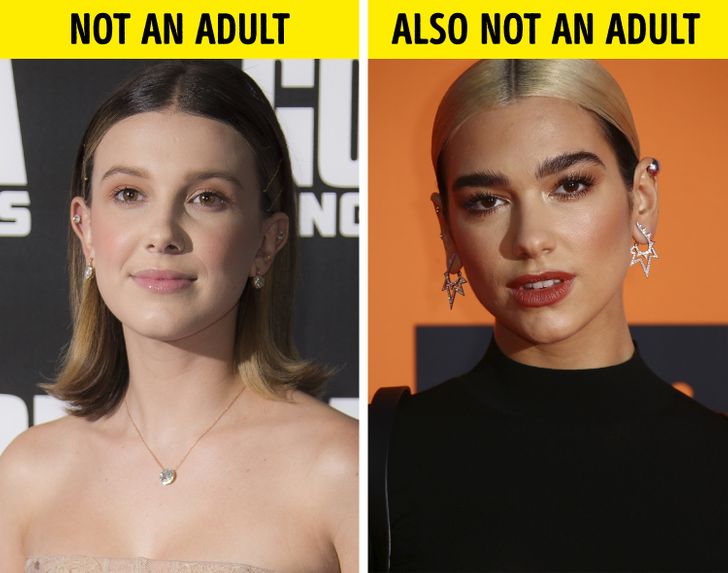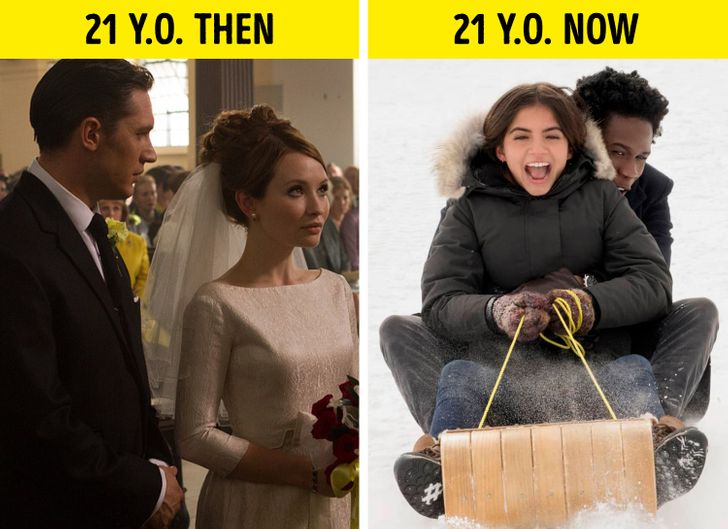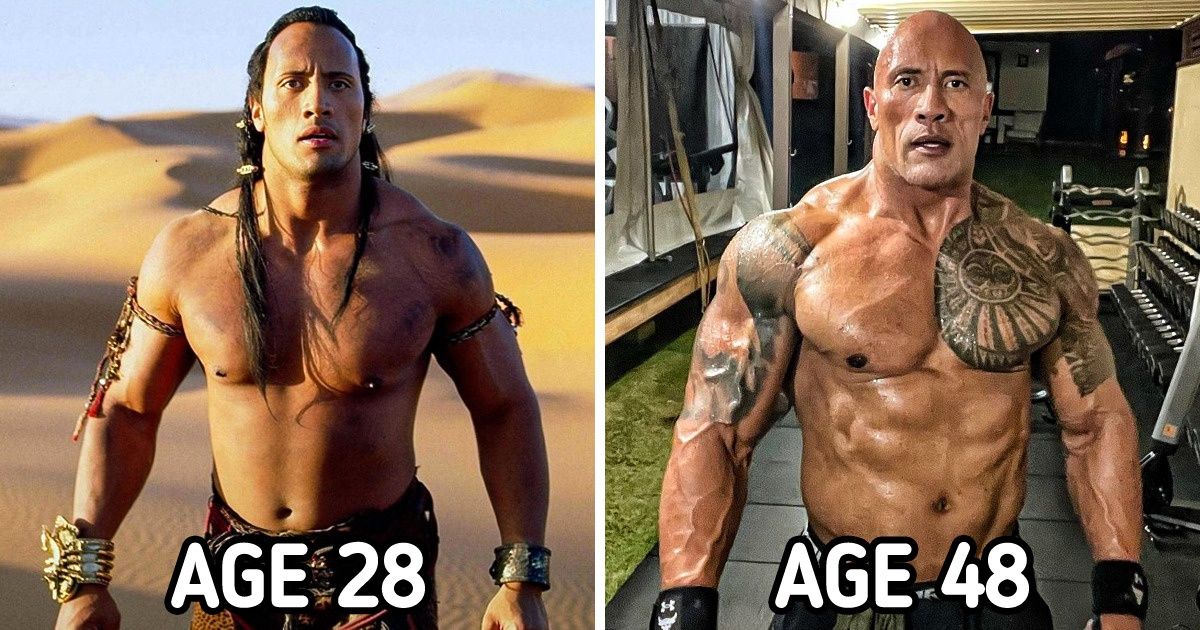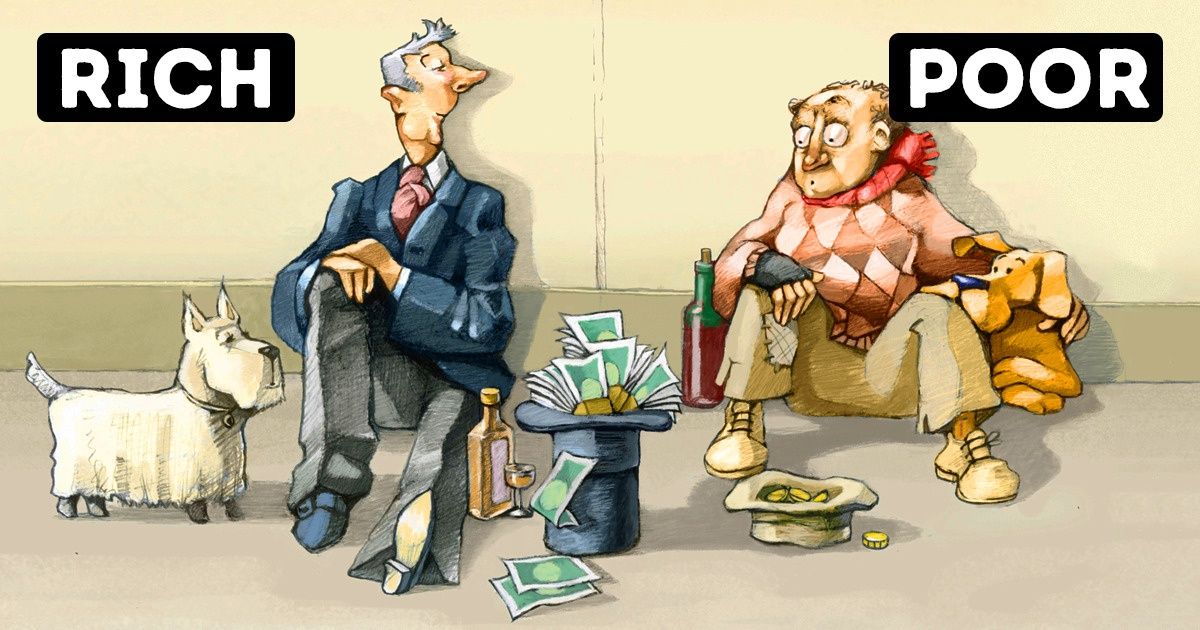When we are children, we cannot wait to become adults. We believe that when we turn 18, we will finally know what it is to be an adult, with all the advantages.
And while the United Nations says that a teenager is a person between the ages of 10 and 19, a new study says that you are not yet an adult at 24.
We decided to find out why scientists believe that those who were once considered adults are now viewed as teenagers. Let’s see what the research says.
How Our Brain And Body Change

Adolescence begins with puberty. And as health and nutrition have improved over the past decades, it now begins at age 10, when certain hormones become activated.
Surprisingly, the previous definition of adolescence did not take biological development into account when deciding when that stage of life ends.
Although it was considered 19, many biological changes continue until a person is 20 years old.
For example, wisdom teeth usually appear when you are 20 years old. Certain brain maturation processes that are crucial for social relationships also occur during this decade.
The new definition takes these biological changes into account, so these findings can be considered more accurate.
Our Social Roles

Young adults, ages 24 and under, can still be considered teens because major life milestones are being left behind.
People are going to get married and then become parents. In the United States, the median age of marriage in the 1960s was 21, and it rose to 28 in 2015.
Education has become more accessible and cheaper, and people are deciding to spend more time and training on it before landing a job.
It can also be difficult for some young adults to become financially independent.
They still need the support of their parents, which makes them semi-dependent, which means that they are not fully adults, although their age says they are.
Why It’s Important To Define Who Adolescents Are

To define who a teenager is, we must look at our biology and recent social changes combined. This definition must also be part of our laws and social policies.
This can help improve the general well-being of young people, benefiting their health, education and employment.
For example, increasing the age of adolescence to 24 can help provide housing for that age group during the transitional stages of life.
Health policies often expect adolescents to be financially supported by their parents or to be completely independent.
Because people in their 20s especially need mental health, sexual health, and substance abuse services, and because many of them still rely on their parents for financial support, many of them don’t have the money to pay for them.
A Possible Problem

Because some young adults would still be considered adolescents, they may be considered incompetent by those who are older than them and who are legally considered adults.
Therefore, without your participation, important social and political decisions could be made, some of which may directly affect your age group.
In the workplace, this can make young people feel that they are not being taken seriously and that their decisions and opinions are not as important as those of their adult colleagues.
And it is not because they themselves feel that they are not prepared or do not have enough experience, but because others see them that way.
What do you think of this new group of adolescents? Do you think young people will become adults later?
Have you noticed this change in recent years? Please share your thoughts in the comments!
Preview photo credit Invision/Invision/East News, Invision/Invision/East News









